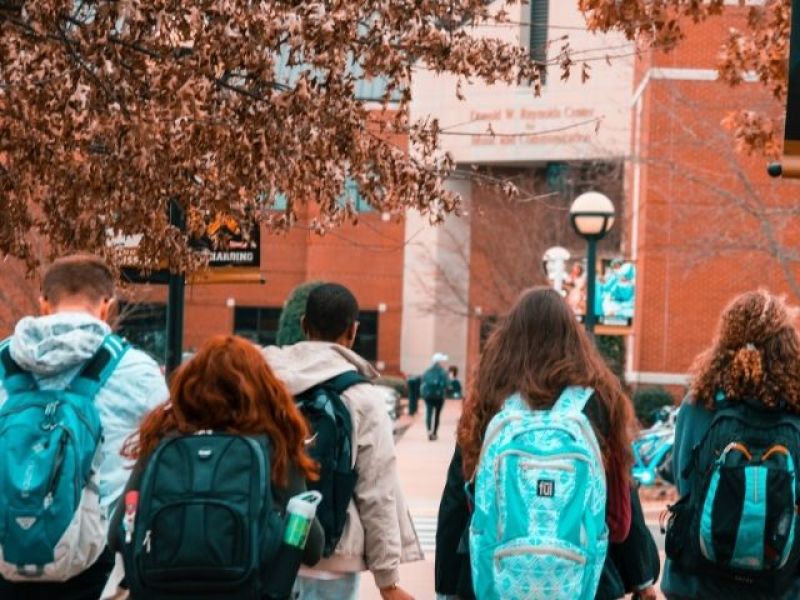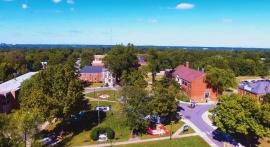
The non-profit organization Speech First won the lawsuit against the University of Central Florida, challenging three of its school policies as violations of the First Amendment.
The free speech rights movement described the result of their battle as a "huge victory" for free speech. in a Twitter post. They wrote, "We've just won our lawsuit against UCF over their violations of students' right to speak freely. This is a huge victory for free speech on college campuses."
In a press release, Executive Director of Speech First Cherise Trump said "This is a huge victory for every student at the University of Central Florida, as well as all students attending schools in Florida, Georgia, and Alabama. We are thrilled that the Court sided with us as we work to protect students' First Amendment rights. This court decision should send an alarming message to anyone attempting to chill, silence, or bully into submitting others' opinions. Open dialogue and an exchange of ideas are how leaders are formed, censoring students will only stunt their ability to grow intellectually and contribute to society."
In February 2021, Speech First launched a lawsuit against UCF to challenge its policies of "discriminatory harassment policy, computer use policy, and bias-related-incidents policy." The organization argued that UCF and its administrators set a series of rules and regulations that "restrain, deter, suppress, and punish speech about the political and social issues of the day."
During the lawsuit, they were granted a "partial relief" in July 2021 for the "Computer Use Policy." According to them, the University banned the transmission of messages which are regarded as "intimidation, harassment, [or] unwarranted annoyance," and ruled that the policy uses "broad and undefined terms."
In the preliminary injunction, the district court however didn't favor their position regarding the "discriminatory harassment" and "bias-related-incidents" policies of the university. So, they raised an appeal regarding these matters to the Eleventh Circuit in September 2021.
The Eleventh Circuit of the United States Court of Appeals granted their appeal in a 3-0 decision. The judges wrote, "The discriminatory-harassment policy objectively chills speech because its operation would cause a reasonable student to fear expressing potentially unpopular beliefs." They also argued that enforcing biased-related-incident policies would hinder any college student to exercise his freedom of speech. They noted, "No reasonable college student wants to run the risk of being accused of offensive, hostile, negative, or harmful conduct-let alone hate or bias."
"Colleges and universities serve as the founts of-and the testing grounds for-new ideas. Their chief mission is to equip students to examine arguments critically and, perhaps even more importantly, to prepare young citizens to participate in the civic and political life of our democratic republic," Judge Newsom wrote.
Judge Marcus also wrote "History provides us with ample warning of those times and places when colleges and universities have stopped pursuing truth and have instead turned themselves into cathedrals for the worship of certain dogma. By depriving itself of academic institutions that pursue truth over any other concern, a society risks falling into the abyss of ignorance."
He continued, "A university that turns itself into an asylum from controversy has ceased to be a university; it has just become an asylum."


















